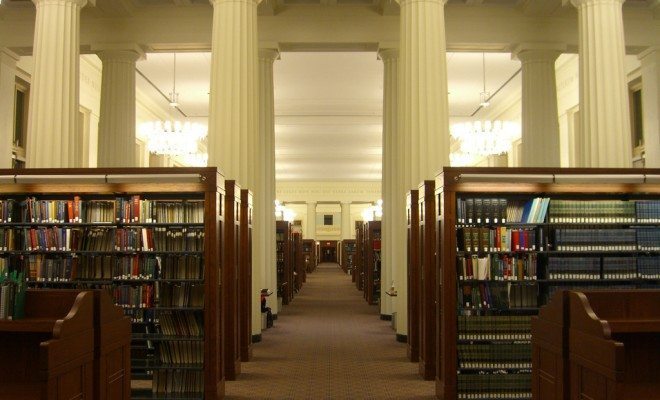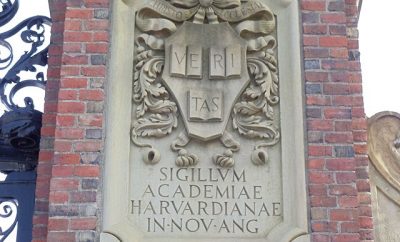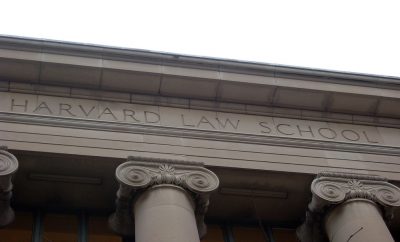 Image courtesy of [Samir Luther via Flickr]
Image courtesy of [Samir Luther via Flickr]
Schools
Harvard Law and Ravel Law Work to “Free the Law”
Harvard Law is working with an analytics platform called Ravel Law to digitize American case law and make it open-access and free online. The project has been named “Free the Law” and is a huge and massively beneficial endeavor for law school students, lawyers, researchers, nonprofits, and the public as a whole.
The collection that Harvard Law is digitizing consists of roughly 40,000 books containing four million pages of legal decisions. Harvard Law has the largest academic law library in the world; these books have been curated over the last two centuries. The database is expected to be completed in full by 2017, selections will be open to the public before then. For example, Harvard Law and Ravel Law are attempting to complete state databases for California and New York by the end of this fall.
There are a few different motivations for why Harvard Law and Ravel Law are taking this dramatic step–the fact that preserving pages on the internet is certainly more compact and efficient does come in to play. But the main motivation appears to be a desire to provide free, open-access information to the public all in one place. Jonathan Zittrain, the George Bemis Professor of International Law at Harvard Law School, and Vice Dean for Library and Information Resources, stated:
Libraries were founded as an engine for the democratization of knowledge, and the digitization of Harvard Law School’s collection of U.S. case law is a tremendous step forward in making legal information open and easily accessible to the public. The materials in the library’s collection tell a story that goes back to the founding of America, and we’re proud to preserve and share that story.
Currently, many of the cases that are being compiled by the Free the Law project are accessible to the public–but not in an easily usable or searchable format. Instead, many firms have to pay commercial services like LexisNexis or Westlaw to gain easy access. The Free the Law project aims to make this information accessible to even those who don’t have the money to pay for such services. Whether or not this project will hurt companies like LexisNexis and Westlaw will have to be seen–although it is doubtful because they do offer other legal tools and services as well that won’t be replicated in the Harvard Law and Ravel Law database.
Overall, the goals of transparency and access in the justice system are laudable, and consistent with the general move toward open-access and equality that the internet has enabled in recent years. It’s a big project to take on for the school and the digital platform, but if it has the intended effects, it will have a big influence as well.








Comments